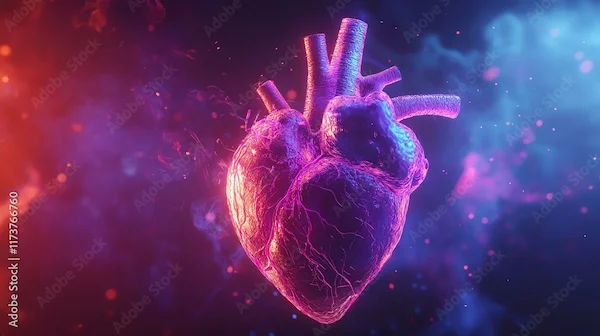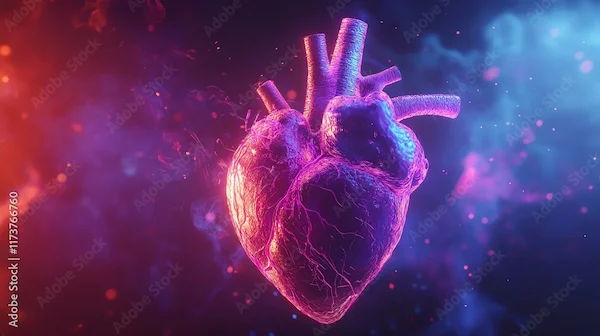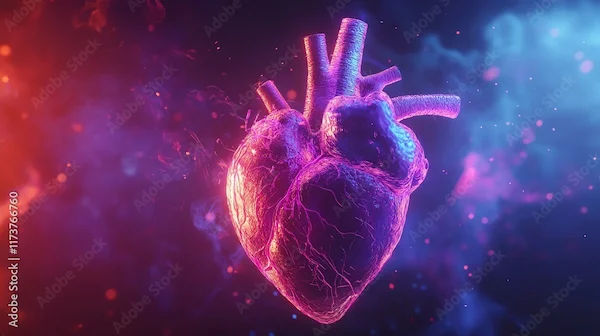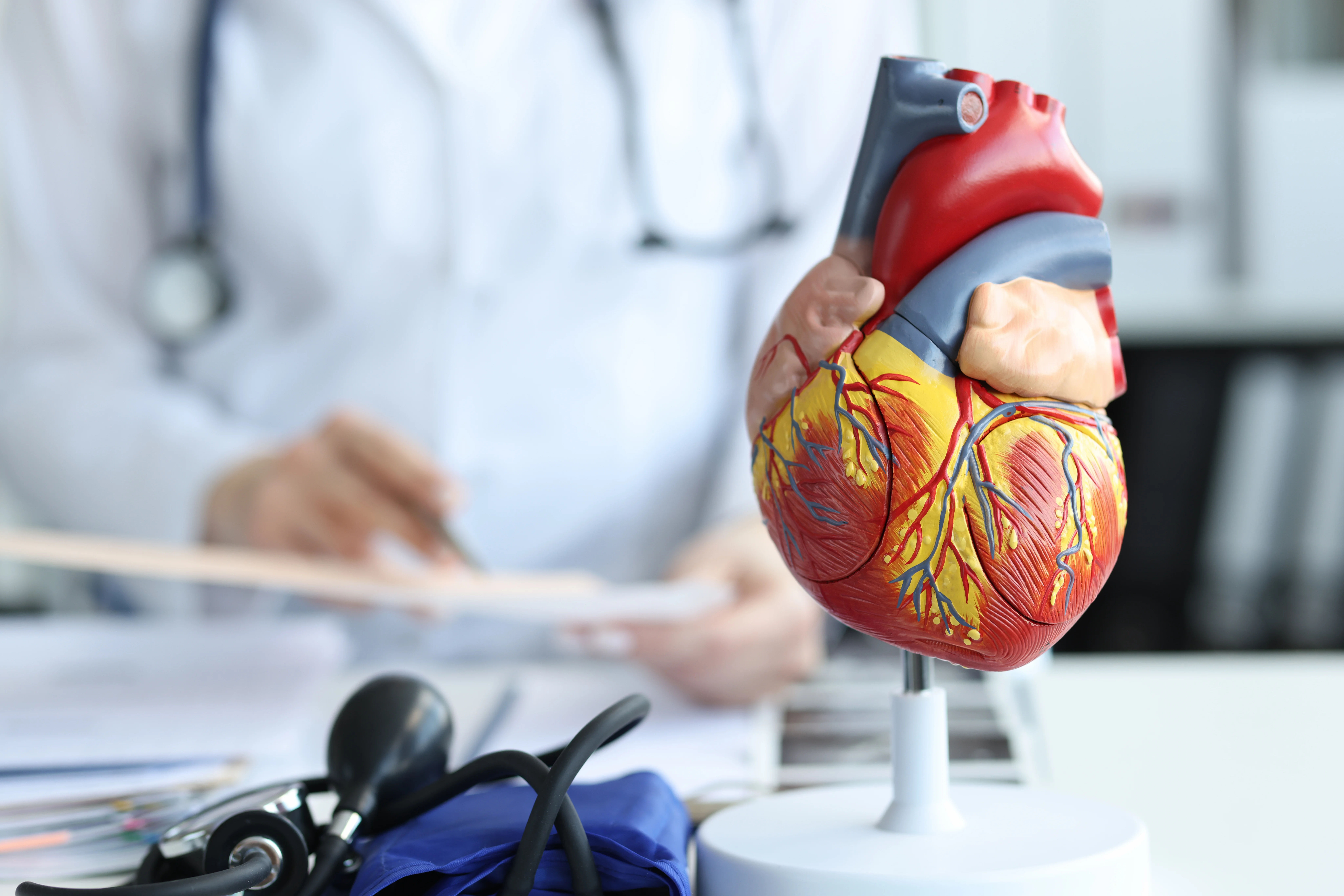World Stroke Day Overview and Significance
Discover the global significance of World Stroke Day (October 29th). Learn about its mission to raise urgent awareness on stroke prevention, recognize life-saving symptoms (FAST), and advocate for timely treatment and support for survivors worldwide.

Written by Dr. Rohinipriyanka Pondugula
Reviewed by Dr. Dhankecha Mayank Dineshbhai MBBS
Last updated on 11th Aug, 2025

Introduction
Every year on October 29th, the world comes together to observe World Stroke Day. This day is dedicated to raising awareness about strokes—what they are, how to recognize them, and most importantly, how to prevent them. Strokes are a leading cause of disability and death worldwide, but the good news is that many strokes can be prevented with the right knowledge and lifestyle changes.
In this article, we’ll break down everything you need to know about strokes in simple terms—what causes them, how to spot the warning signs, and what steps you can take to reduce your risk.
What is a Stroke?
A stroke occurs when the blood supply to part of the brain is interrupted or reduced, depriving brain tissue of oxygen and nutrients. Within minutes, brain cells begin to die, which can lead to longterm disability or even death if not treated immediately.
There are two main types of strokes:
1. Ischemic Stroke (most common – about 85% of cases) – Caused by a blockage in an artery supplying blood to the brain, often due to a blood clot.
2. Hemorrhagic Stroke – Caused by a ruptured blood vessel in the brain, leading to bleeding inside or around the brain.
A third, less severe condition is called a Transient Ischemic Attack (TIA), or "ministroke," which is a temporary blockage that resolves on its own but still requires medical attention as it can be a warning sign of a future stroke.
Why is World Stroke Day Important?
World Stroke Day aims to:
- Educate people about stroke risks and symptoms.
- Encourage prevention through healthy lifestyle choices.
- Promote timely treatment, as every minute counts in stroke recovery.
- Support stroke survivors and their families in rehabilitation.
The theme for 2023 is "Together We Can Be Greater Than Stroke," emphasizing the power of community awareness and action in reducing stroke risks.
Signs and Symptoms of a Stroke (Act FAST!)
Recognizing a stroke early can save lives. Remember the acronym FAST:
- Face – Does one side of the face droop when smiling?
- Arms – Can the person raise both arms, or does one drift downward?
- Speech – Is speech slurred or strange?
- Time – If any of these signs appear, call emergency services immediately.
Other symptoms may include:
- Sudden numbness in the face, arm, or leg (especially on one side).
- Sudden confusion, trouble speaking, or understanding speech.
- Sudden vision problems in one or both eyes.
- Sudden severe headache with no known cause.
- Sudden trouble walking, dizziness, or loss of balance.
Time is brain! The sooner a stroke is treated, the better the chances of recovery.
What Causes a Stroke?
Several factors increase the risk of stroke, including:
- Modifiable Risk Factors (Things You Can Control)
- High blood pressure (Hypertension) – The 1 cause of strokes.
- Smoking – Damages blood vessels and increases clot risk.
- Diabetes – High blood sugar harms blood vessels over time.
- High cholesterol – Leads to artery blockages.
- Obesity & Unhealthy Diet – Excess weight and poor eating habits strain the heart.
- Physical Inactivity – Lack of exercise weakens the cardiovascular system.
- Excessive Alcohol – Heavy drinking raises blood pressure.
Non-Modifiable Risk Factors (Things You Can’t Control)
- Age – Risk increases after 55, but strokes can happen at any age.
- Family History – If a close relative had a stroke, your risk may be higher.
- Gender – Men have a higher risk, but women are more likely to die from strokes.
- Previous Stroke or TIA – Increases the chance of another stroke.
How to Prevent a Stroke?
The best way to fight strokes is prevention. Here’s how you can lower your risk:
1. Control Blood Pressure
- Check your BP regularly.
- Reduce salt intake.
- Take prescribed medications if needed.
2. Eat a Heart-Healthy Diet
- More fruits, vegetables, whole grains, and lean proteins.
- Less processed foods, fried items, and sugary drinks.
- Healthy fats like olive oil, nuts, and fish (rich in Omega-3).
3. Stay Active
- Aim for 30 minutes of moderate exercise (walking, swimming, cycling) most days.
4. Quit Smoking & Limit Alcohol
- Smoking doubles stroke risk—seek help to quit.
- If you drink, do so in moderation (1 drink/day for women, 2 for men).
5. Manage Diabetes & Cholesterol
- Monitor blood sugar levels.
- Get regular cholesterol checks.
6. Reduce Stress & Get Enough Sleep
- Chronic stress raises blood pressure.
- Aim for 7-8 hours of sleep per night.
What to Do If Someone Has a Stroke?
Things to do if someone has a stroke:
- Call emergency services immediately—do NOT wait to see if symptoms improve.
- Note the time when symptoms started—some treatments must be given within 3-4.5 hours.
- Keep the person calm and lying down with their head slightly elevated.
- Do NOT give food, water, or medicine—they may have trouble swallowing.
Consult Top Heart Specialists
Stroke Rehabilitation & Recovery
Recovery depends on the severity of the stroke, but rehabilitation can help regain lost functions. This may include:
- Physical therapy (to improve movement).
- Speech therapy (to restore communication).
- Occupational therapy (to relearn daily tasks).
- Emotional support (counseling for depression or anxiety).
Family support plays a crucial role in recovery.
Take Action: Get Screened & Stay Informed
If you or a loved one has risk factors like high blood pressure, diabetes, or a family history of stroke, consider:
- Regular health check ups
- Blood pressure & cholesterol monitoring
- Consulting a neurologist if you have concerns
Apollo 24|7 offers expert consultations and stroke risk assessments—book an appointment today to stay proactive about your health.
Final Thoughts
Strokes can be devastating, but awareness and prevention make a huge difference. This World Stroke Day, take a moment to assess your health, share this knowledge with others, and commit to a healthier lifestyle.
Consult Top Heart Specialists
Consult Top Heart Specialists

Dr. Abhishek Rathore
Cardiologist and Electrophysiologist
7 Years • MBBS, MD (Gen. Medicine), DM ( Cardiology ), Post-Doctoral Fellowship in Cardiac Electrophysiology.
Indore
Apollo Hospitals Vijay Nagar, Indore

Dr. Sushith C
General Physician
2 Years • MBBS
Bengaluru
PRESTIGE SHANTHINIKETAN - SOCIETY CLINIC, Bengaluru

Dr. Dayanashre N
General Physician
3 Years • MBBS
Bengaluru
PRESTIGE SHANTHINIKETAN - SOCIETY CLINIC, Bengaluru

Dr. Anand Ravi
General Physician
2 Years • MBBS
Bengaluru
PRESTIGE SHANTHINIKETAN - SOCIETY CLINIC, Bengaluru
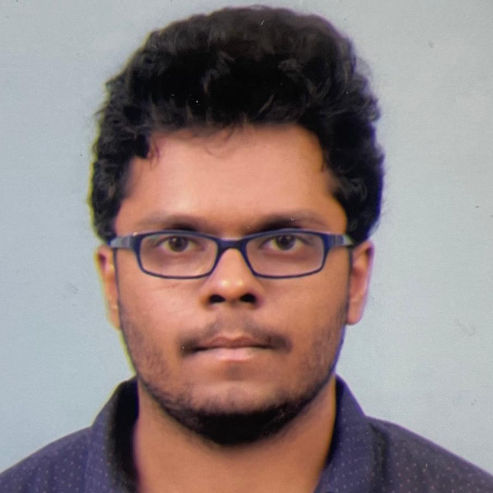
Dr. Bhethala Sharan Prakash
General Physician/ Internal Medicine Specialist
5 Years • MBBS MD
Bengaluru
PRESTIGE SHANTHINIKETAN - SOCIETY CLINIC, Bengaluru
Consult Top Heart Specialists

Dr. Abhishek Rathore
Cardiologist and Electrophysiologist
7 Years • MBBS, MD (Gen. Medicine), DM ( Cardiology ), Post-Doctoral Fellowship in Cardiac Electrophysiology.
Indore
Apollo Hospitals Vijay Nagar, Indore

Dr. Sushith C
General Physician
2 Years • MBBS
Bengaluru
PRESTIGE SHANTHINIKETAN - SOCIETY CLINIC, Bengaluru

Dr. Dayanashre N
General Physician
3 Years • MBBS
Bengaluru
PRESTIGE SHANTHINIKETAN - SOCIETY CLINIC, Bengaluru

Dr. Anand Ravi
General Physician
2 Years • MBBS
Bengaluru
PRESTIGE SHANTHINIKETAN - SOCIETY CLINIC, Bengaluru

Dr. Bhethala Sharan Prakash
General Physician/ Internal Medicine Specialist
5 Years • MBBS MD
Bengaluru
PRESTIGE SHANTHINIKETAN - SOCIETY CLINIC, Bengaluru
